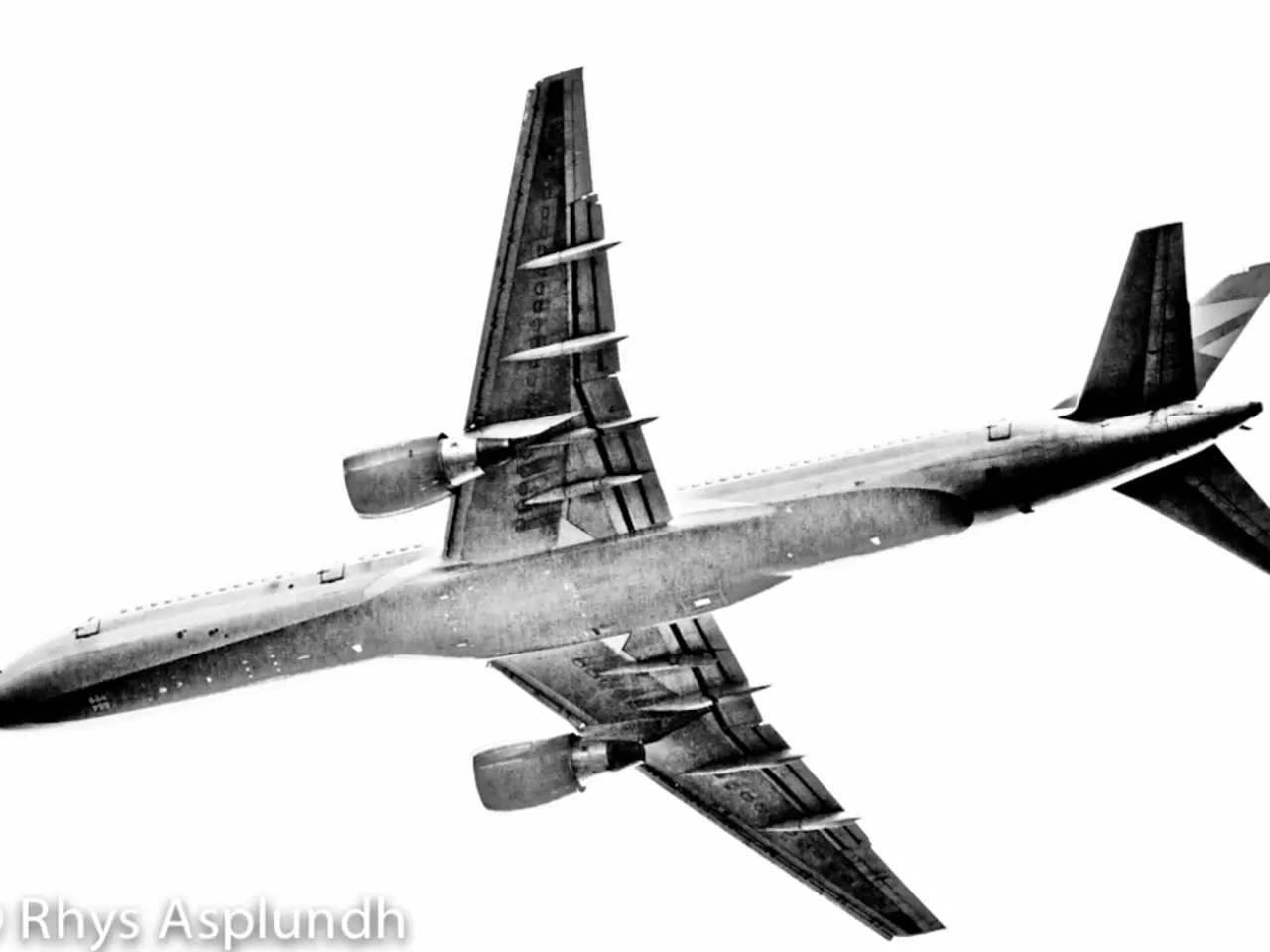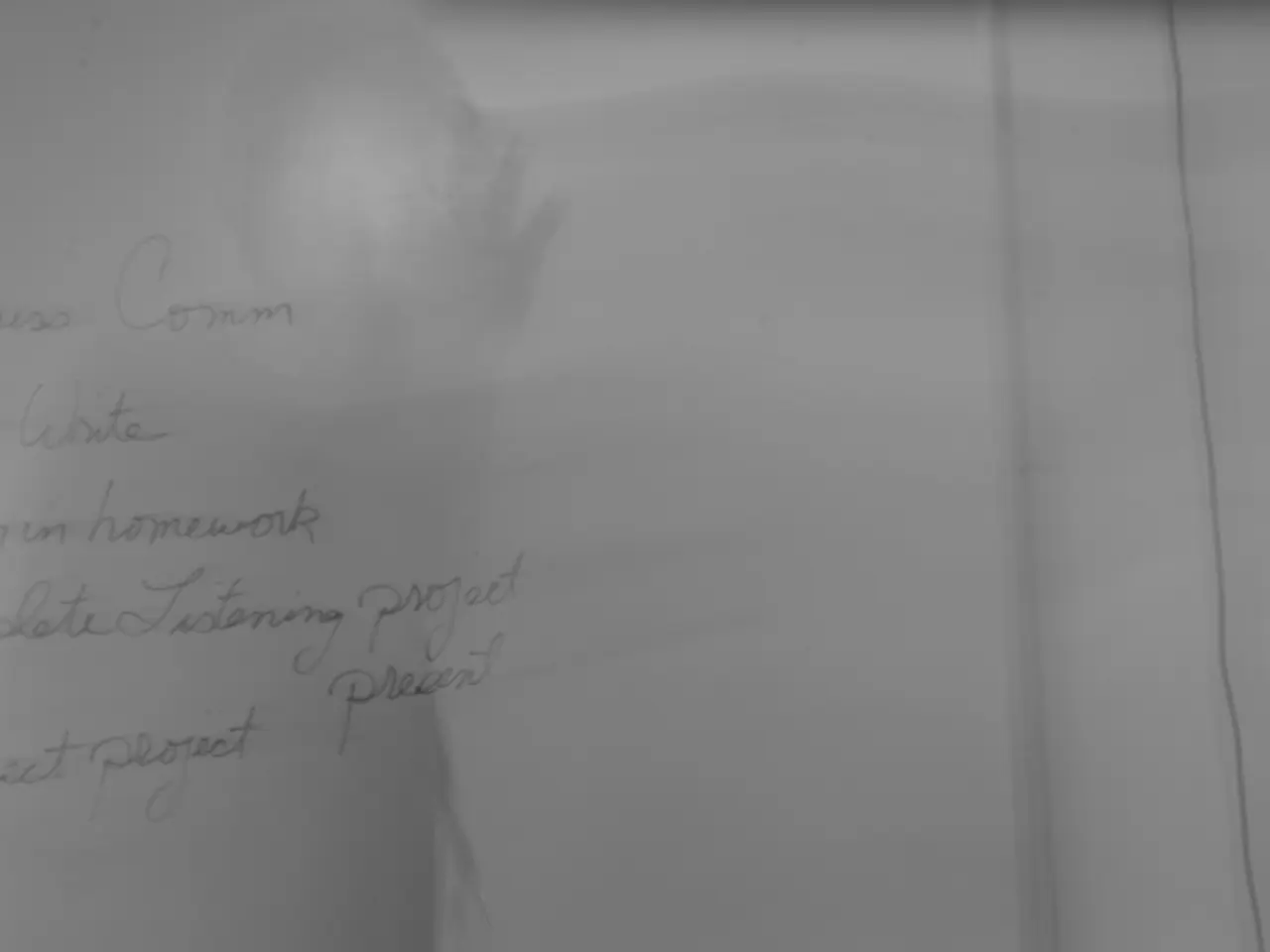Germany-Poland Border Enforcement Commences on Monday
In a move aimed at curbing irregular migration, Poland has announced it will temporarily reinstitute border checks with Germany and Lithuania, effective from next Monday, July 7th, 2025. The decision comes in response to Germany's existing border controls, which have been in place since October 2023 and have been extended.
Polish Prime Minister Donald Tusk emphasised the necessity to reduce uncontrolled migration flows at the Polish-German border and prevent illegal crossings near Lithuania. He noted that while the controls may impact freedom of movement, no alternative solution currently exists.
German Chancellor Friedrich Merz, who has made stricter migration policies a core part of his 2025 election campaign, maintains border controls to ensure external European border security. Merz has been in close contact with Tusk to collaboratively manage the situation and minimise disruptions.
The move has faced pressure from nationalist opposition and far-right activists in Poland, who have protested against irregular migrants being returned from Germany to Poland. Tusk stated that Poland's patience with the issue is running out, signalling firm resolve despite diplomatic sensitivities.
The Polish government has informed Lithuanian authorities and EU institutions about these temporary control measures, aligning actions with EU rules that allow temporary border controls in exceptional cases involving serious threats to internal security.
The decision is being made within the context of Schengen rules, which generally allow visa-free travel between member states but permit temporary border controls in exceptional security situations. Both Poland and Germany justify their measures under these provisions, highlighting irregular migration as a serious threat.
Germany has been conducting random checks at the border with Poland since October 2023 to stop irregular migration. Jaroslaw Kaczynski, leader of the PiS, has accused Germany of pushing illegal migrants onto Poland's side. The Federal Ministry of the Interior considers a court decision that found the rejection of three Somalis at a border control unlawful as a single case decision.
Far-right activists in Poland have organised self-proclaimed border patrols at crossings with Germany. Rumours in Poland suggest that migrants picked up anywhere in Germany, with no connection to Poland, would be sent to the border and then to Poland. These activists boast about stopping suspicious-looking people and demanding their papers.
Prime Minister Tusk made it clear that Poland is reacting to the German government's actions and had previously warned the German side. Tusk condemns the practice of self-proclaimed border patrols as shameful.
Chancellor Merz defends German border controls to combat irregular migration. SPD politicians have accused Merz of not coordinating enough with European partners on the issue of border controls. The Police Union fears a "ping-pong game" at the border, where people might be sent back and forth between Germany and Poland.
A spokesperson for the EU Commission stated that controls at internal borders are possible under certain conditions. The situation is complex, with both governments cooperating but facing internal political challenges and concerns about the impact on freedom of movement and Schengen principles.
- The policy-and-legislation surrounding war-and-conflicts and crime-and-justice has been a significant focus in the ongoing discussions between Polish Prime Minister Donald Tusk and German Chancellor Friedrich Merz, as they manage the increasing irregular migration at their shared border.
- Amidst heightened general-news coverage of the ongoing migration crisis, the politics of migration policies take center stage as Poland and Germany debate their contrasting approaches, with the Polish government reinstituting temporary border checks and Germany conducting random checks since October 2023.
- In the context of politics and policy-and-legislation, the implementation of border controls by Poland and Germany has sparked debates within EU institutions, particularly concerning the balance between ensuring security and upholding the principles of freedom of movement and Schengen rules.







